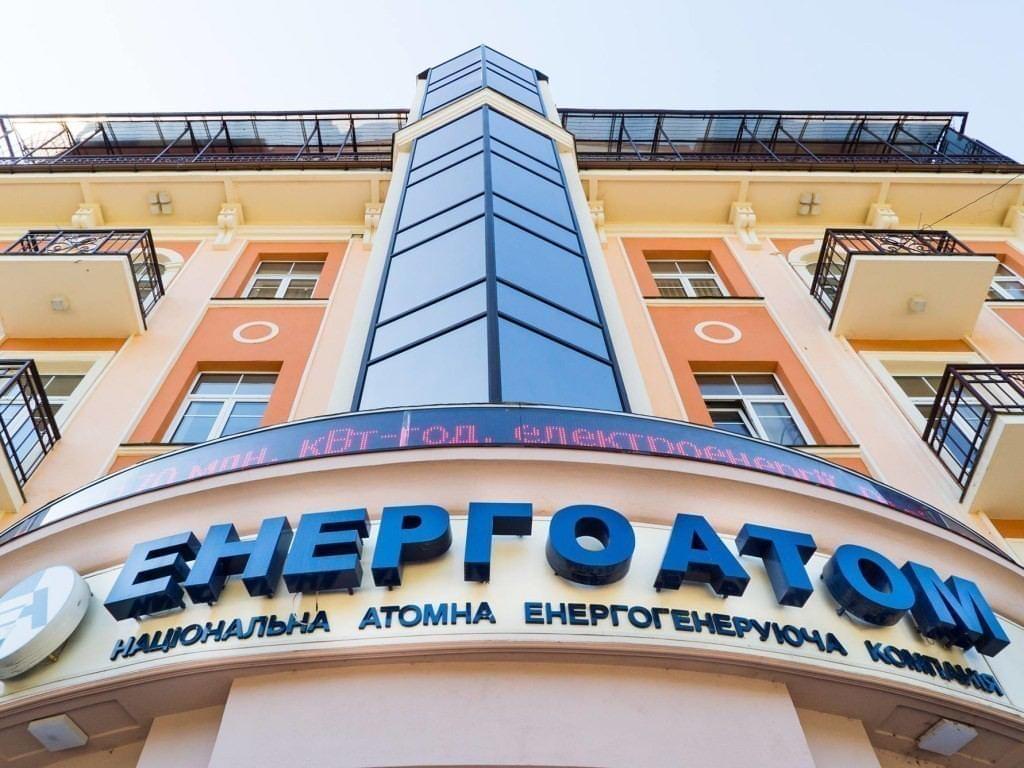Government lifts immunity from Energoatom: the company faces asset seizures and disruptions in operations
9 July 21:16
The national nuclear power generating company Energoatom has lost its judicial immunity, which protected its assets from arrest during the period of martial law. This is stipulated by Order No. 84 of the Ministry of Strategic Industries dated June 26, 2025, according to which the company was excluded from the list of enterprises that are not subject to enforcement actions. The decision was made without a public announcement or explanation, Glavkom writes , "Komersant Ukrainian" reports.
According to sources, the changes were initiated by the Ministry of Justice headed by Deputy Prime Minister Olga Stefanishyna.
What does the loss of immunity mean?
Previously, Energoatom was protected from the actions of the executive service due to its critical role in the country’s energy system during the war: the company produces more than 55% of electricity in Ukraine, manages 15 power units at four nuclear power plants and employs more than 33,000 people. The company operates under conditions of partial cost recovery through the implementation of the PSO social program (imposition of special obligations), and its debts to the State Enterprise Guaranteed Buyer exceed UAH 20 billion.
After losing its immunity, Energoatom may be subject to:
- seizure of accounts and assets;
- suspension of payments and blocking of operations;
- risk of disruption of the NPP repair campaign before winter;
- pressure from the executive service, which will receive up to 20% of the penalties as bonuses.
Lawsuits against the company have already reached UAH 1.5-2 billion.
Consequences for the power system
After the massive shelling of TPPs and hydroelectric power plants in 2024, nuclear generation has become key to the stability of the power system. At peak times, the share of nuclear power plants reached 60%. Delays in repairs due to the seizure of funds could lead to interruptions in electricity supply, including new blackouts.
In addition, new risks make it impossible to plan and implement contracts with international partners such as Westinghouse.
Who benefits from this decision?
Although the changes are officially presented as part of the “European integration policy,” critics believe that the real beneficiaries may be private companies that have been waiting for years to collect their debts. This “opening of the floodgates” allows not only to collect money, but also to influence Energoatom’s management.
Against the backdrop of international efforts to restore Ukraine’s energy sector, the government’s decision may have the opposite effect – jeopardizing the smooth operation of the country’s key energy generating enterprise.









